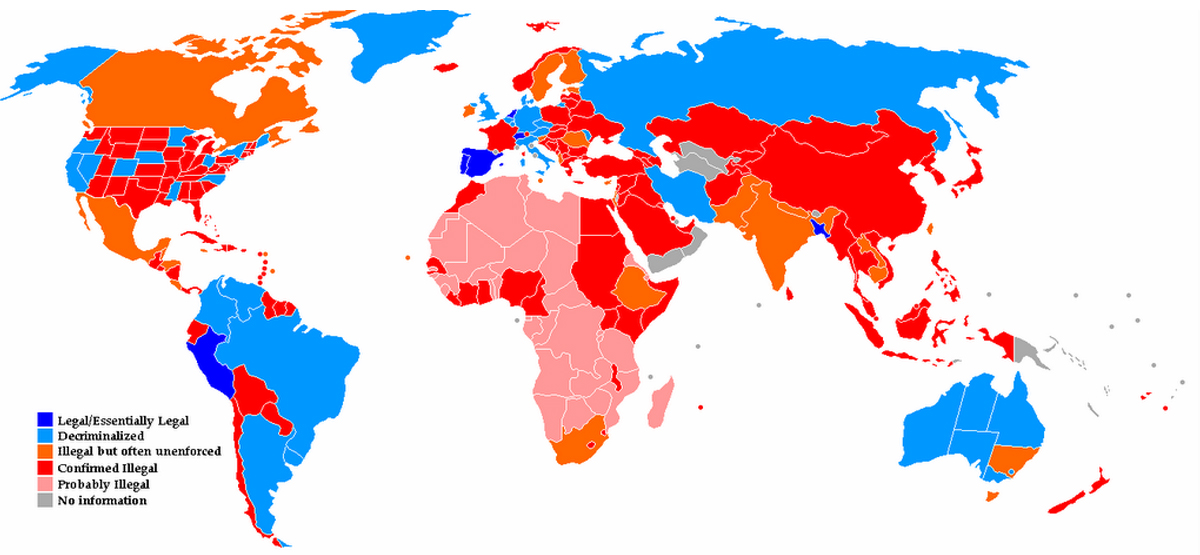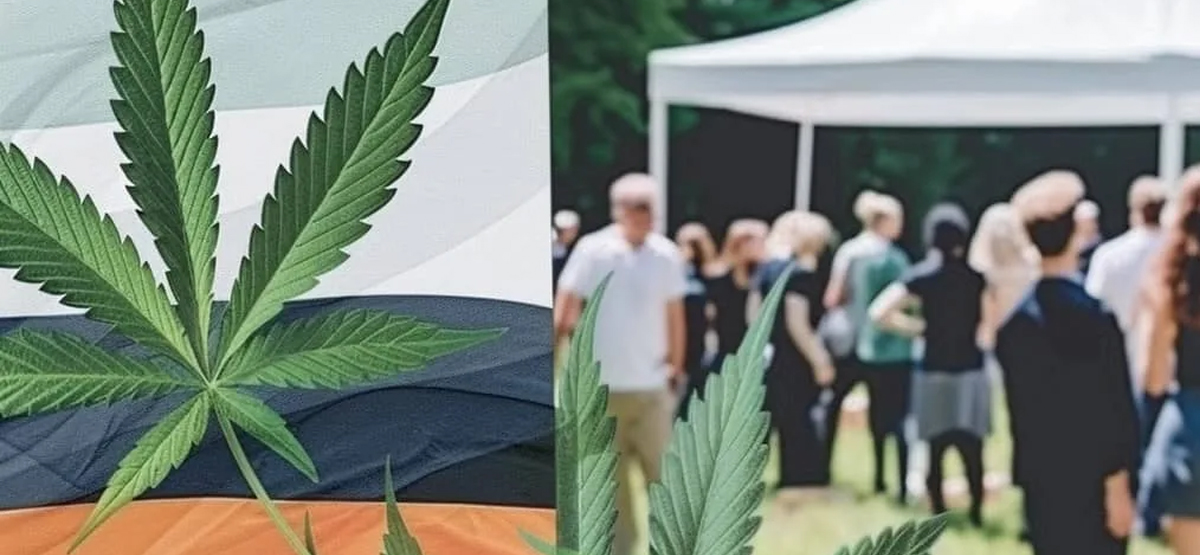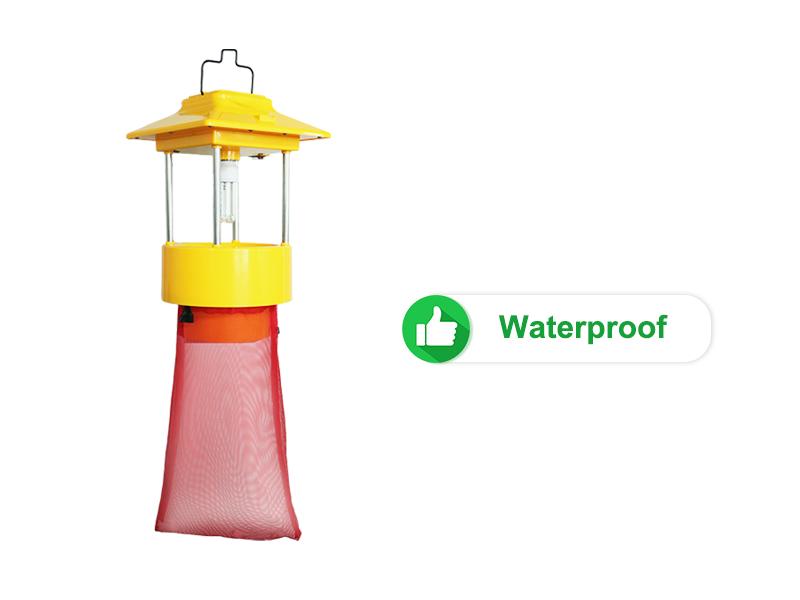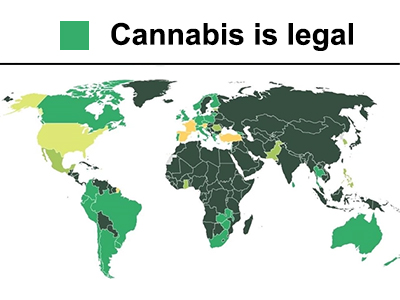Globally, cannabis policy is in the midst of turmoil and change. Germany, as Europe's largest economy, recently passed a historic bill. On February 23, 2024, the German Bundestag passed the cannabis legalization bill with 407 votes in favor, 226 votes against, and 4 abstentions. , opening a new chapter in national cannabis policy.
When Germany announced that "cannabis is legal," it was not just a matter for Germany. This decision caused quite a stir around the world. Let's take a look at what this means to the world.
Germany is a heavyweight player in Europe and around the world. When it decides to legalize cannabis, other European countries may look to Germany's practical experience to see what economic and social impacts legalization will have. If it works well, other countries may follow suit. Canada, Uruguay and some states in the United States have already taken the lead. Now that a large country like Germany has joined, it will undoubtedly make more countries seriously consider the possibility of legalizing cannabis. This isn’t just about cannabis, it’s a big discussion about how to approach drug policy, economic development and social health. This may set off a "green revolution".

Next, let’s pay attention to the law. What exactly was announced?
Under this law, starting April 1, 2024, if you are over 18, you can now legally carry up to 25 grams of cannabis in public places. At home, this number doubles and you can store up to 50 grams. However, if you're between 18 and 21 years old, there are a few restrictions when it comes to buying cannabis - you can only buy up to 30 grams per month, and the THC content can't exceed 10%.
Germany is also planning to open some non-profit cannabis clubs, meaning adults can buy and consume cannabis in these clubs. The clubs will begin popping up in July, with each club limited to a maximum of 500 members.

For those of you who prefer to be self-sufficient, the good news is that you can now grow cannabis at home, albeit only up to three plants. This way, you have control over the source and quality of the cannabis you consume.
Germany’s decision to legalize cannabis is both a signal and a challenge to the world. Not only is it shaping international perceptions of cannabis, it could also become a key point in driving global drug policy reform. This policy change has brought new growth opportunities to the German and European economies.























